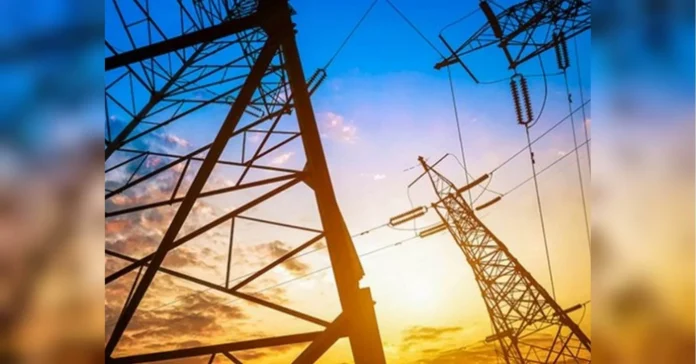Energy credit can be taken by both individuals and housing co-operatives, but under different conditions. This financial tool is designed to promote energy efficiency and conservation, providing an opportunity for individuals and housing co-operatives to invest in energy-saving solutions for their homes.
In today’s world, where the issue of climate change is becoming increasingly pressing, finding ways to reduce our carbon footprint is crucial. One of the ways to do this is by implementing energy-saving measures in our homes. However, these measures often require a significant upfront investment, which can be a barrier for many individuals and housing co-operatives. This is where an energy credit can come in handy.
An energy credit is a type of loan that is specifically designed to fund energy-saving projects. It allows individuals and housing co-operatives to borrow money for these projects and then pay it back over time. The credit can be used for a variety of energy-saving solutions, such as installing solar panels, upgrading to energy-efficient appliances, or improving insulation.
One of the main advantages of an energy credit is that it offers more favorable terms compared to traditional loans. This is because energy credits are often offered by governments or financial institutions with the support of government programs. These programs aim to promote energy efficiency and conservation, and therefore, offer lower interest rates and longer repayment periods.
Individuals who want to take an energy credit should meet certain criteria, such as having a good credit score and a stable income. The amount that can be borrowed also depends on the individual’s creditworthiness and the projected energy savings from the proposed project. This means that the more energy-efficient the project is, the higher the amount that can be borrowed.
On the other hand, housing co-operatives, also known as housing associations, can also take advantage of energy credits. These organizations, which consist of a group of people who own and manage a group of properties, can take out a collective energy credit for the benefit of their members. This allows multiple households to benefit from energy-saving solutions, making it a more cost-effective and efficient option.
However, there are some differences in the conditions for individuals and housing co-operatives when it comes to energy credits. For individuals, the loan amount is usually capped at a certain limit, and the repayment period may be shorter compared to housing co-operatives. This is because housing co-operatives can pool their members’ resources and have a stronger credit rating, making them more financially stable.
Another difference is that individuals can apply for an energy credit directly from a financial institution, while housing co-operatives may need to go through a more rigorous application process. This usually involves providing financial statements, project proposals, and other relevant documents to prove the viability of the project.
Despite these differences, both individuals and housing co-operatives can benefit greatly from an energy credit. It provides an opportunity for individuals to make their homes more energy-efficient and save money on their energy bills in the long run. For housing co-operatives, it allows them to collectively invest in energy-saving solutions, promoting sustainability and reducing their overall carbon footprint.
Moreover, taking an energy credit also has broader benefits for the environment and the community. By reducing our energy consumption, we can help mitigate the effects of climate change and contribute to a cleaner and healthier planet. Additionally, energy-efficient homes can also increase the value of properties and improve the overall quality of life in the community.
In conclusion, an energy credit is a valuable tool that can help individuals and housing co-operatives invest in energy-saving solutions for their homes. While the conditions may differ for each, the ultimate goal is the same – to promote energy efficiency and conservation. With the support of these credits, we can all play our part in creating a more sustainable future for generations to come. So, if you are looking to make your home more energy-efficient, consider taking an energy credit – it’s a win-win for you and the environment.

